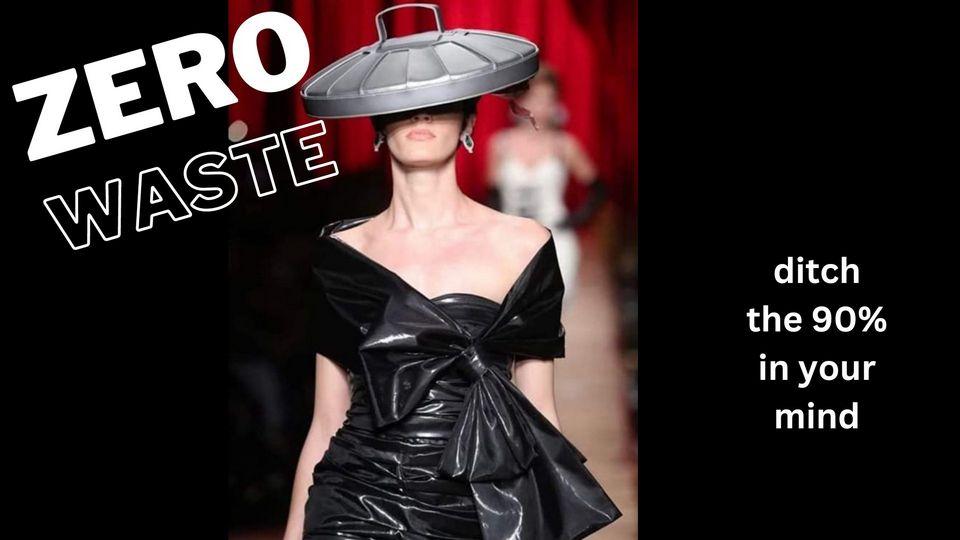Do you wish you had more TIME and ENERGY?
The biggest drain on both are your THOUGHTS!!!
The average person has anything from 12,000 to 60,000 thoughts per day, of which 80 – 95% are negative and/or repetitive. That makes us massive producers and also recyclers of waste.
How can we PUT THE LID on wasteful thinking? And in doing this, give more space to have thoughts that are productive, beneficial, or simply to feel more at peace within ourselves?
Here are some ideas for today, 30 March, as it’s the International Day of Zero Waste. But we also run events through our Caring on Campus initiative on what education never formally teaches us – how to THINK in a way that keeps us mentally and emotionally in good health.
Bin #1
Learning to say ‘NO’. How often do we want to say ‘no’ to something but reluctantly agree instead? If we say ‘yes’ but then do it grudgingly, it festers inside in the form of waste thoughts.
Not to mention how it can lead to overload and BURNOUT, which can mean letting other people down, not showing up for appointments etc, which then sets off waste thoughts for others. Such as “Is everything OK?” “Did I get something wrong?”
Learn to limit yourself to only TWO choices. Say either ‘yes’ with grace, or ‘no’ with grace. Saying ‘yes’ or ‘no’ just to please others will just clutter your mind with repetitive, useless thoughts.
Bin #2
Take a long holiday from having an OPINION. There is a subtle difference between having a point of view and then forging it into an opinion.
An opinion is something to which we attach a feeling of “my”, and then pour energy into defending it, justifying it, or even trying to convert others to our way of thinking. All waste… It’s a true saying that “A man convinced against his will, is of the same opinion still.”
Bin #3
Offer guidance, but DON’T CORRECT. If guidance isn’t wished, then to insist on giving it makes it a correction!
Check also, how often do you correct or criticise yourself? This can be a good indicator of how much you’re inclined to do it with others.
Correction leads to a whole army of waste thoughts, such as feelings of disheartenment, guilt and regrets in yourself, or annoyance and resentment towards others.
Tailpiece:
It is the 90% useless, rubbishy thoughts that pull us down into the gutter of poor mental health.
And it’s only when we learn to stay out of the gutter ourselves, that it helps others to do the same.
Is it not the fundamental role of educators especially, to teach and refine HOW to think? Rather than WHAT to think? This is why LifeRoute especially gives focus to bringing about change within Higher Education.

